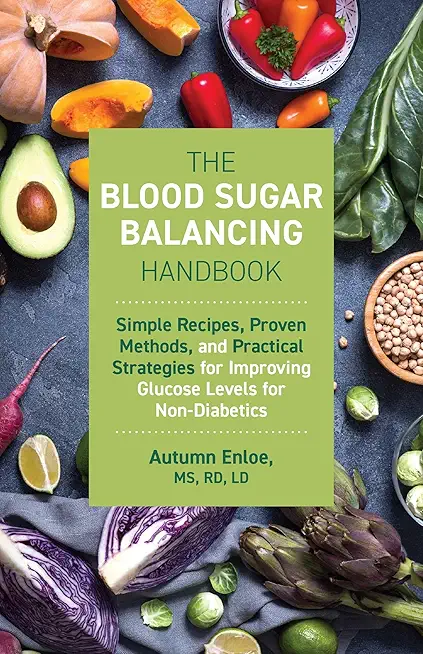
Vasey, Christopher
product information
description
9A guide to replacing bad sugars in your diet with good sugars for physical, emotional, and mental healing and more energy - Explains how to easily replace bad sugars, including white sugar and artificial sweeteners, with good sugars, such as those in fruit, honey, and whole grains - Explores the difference between fast sugars and slow sugars and the regulating role of proteins to slow down the body's use of sugar - Reveals the harmful effects of bad sugars, including hypoglycemia, diabetes, obesity, cavities, thickened blood, acid-alkaline imbalances, hyperactivity of glands, mood swings, phobias, depression, and delusional states One of the most valuable nutritive substances we can consume, sugar supplies the essential energy the body and brain need to function. But there are good and bad, healthful and harmful forms of sugar. Good sugars are those found naturally occurring in foods such as fruits, honey, maple syrup, and whole grains. These unrefined sugars not only provide energy but also trace elements, minerals, and vitamins--nutrients crucial to helping the body process sugar. Bad sugars are those that are man-made or refined, such as white sugar, white flour, and artificial sweeteners. Pervasive in the modern diet, bad sugars are difficult for the body to metabolize and lead to a host of health issues, including tooth decay, type 2 diabetes, brain fog, mood swings, and weight gain. In this practical guide, Christopher Vasey, N.D., explains how to successfully replace bad sugars with good sugars as well as how to reduce sugar cravings and break your sugar addiction. He reveals how refined sugars not only cause well-known, sugar-related health issues such as obesity but also lead to acid-alkaline imbalances, hyperactivity of glands and organs, chronic fatigue, nutrient deficiencies, thickened blood, and mental disorders such as fits of rage, phobias, depression, and confused states akin to dementia--conditions uncommon before white sugar was introduced into the world's food supply more than 200 years ago. Vasey describes how sugar, in the form of glucose, works in the body and explores the difference between "fast" sugars and "slow" sugars, emphasizing the importance of slow sugars for ensuring a constant energy level all day long. He looks at the glycemic index with regard to good and bad, fast and slow sugars and the regulating role of proteins to slow down the body's use of sugar. He explains how dehydration and imbalance in the body's pH level can trigger bad-sugar dependency and provides steps to correct both issues. Offering a path out of sugar addiction and easy steps to power your brain and body with healthy energy, Vasey gives you with the tools to take ownership of your own health.
member goods
No member items were found under this heading.
Return Policy
All sales are final
Shipping
No special shipping considerations available.
Shipping fees determined at checkout.







